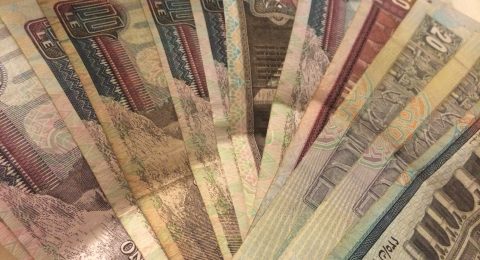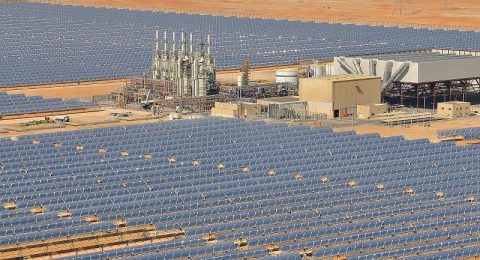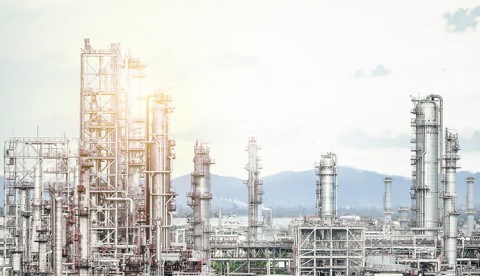Lebanon’s caretaker Prime Minister Saad Hariri will discuss the resumption of natural-gas imports from Egypt during talks in Cairo, according to Mohammad Shatah, his economic adviser.
“This will for sure be among the issues discussed,” he said by telephone from the capital, Beirut. The visit, initially due April 9, was delayed due to changes in the schedule of Egyptian officials, Hariri’s office said in a statement.
Gas shipments have been halted since Nov. 5 because of unpaid dues to Egypt stemming from a deadlock between the ministry of finance, headed by an aide to Hariri, and the energy ministry, run by an aide to opposition leader Michel Aoun. The dispute, which is adding to the country’s energy bill, reflects internal political wrangling that has hampered the formation of a new Cabinet since January.
“There is no real explanation other than for political reasons,” Nabil Yamout, adviser to the finance minister, said in a telephone interview from Beirut.
Within 10 days, the ministry of finance would have paid the entire amount owed to Egypt, or about $64.4 million, he said.
The finance ministry only accepted to unlock the payments after receiving the bills “in due process, even if late by several months” from the energy ministry, he said.
‘Squandered Money’
“The delay is certainly not due to the finance ministry, as it is definitely due to the energy ministry and its institutions, so it is the latter that has squandered public money by delaying bills,” caretaker Finance Minister Raya Haffar El Hassan said today in her latest open letter to caretaker Energy and Water Resources Minister Gebran Bassil. Bassil denied the accusations in a press conference.
Lebanon imported about 25 million cubic meters of natural gas a month from Egypt before the shipments were halted.
Egypt has gas reserves of 77 trillion cubic feet (2.18 trillion cubic meters) and is the main producer of the fuel in the eastern Mediterranean, according to the U.S. Energy Department. The country exported 650 billion cubic feet in 2009, 30 percent by either the Arab gas pipeline to Jordan, Syria and Lebanon, or to Israel through the El Arish-Ashkelon line, the data show.
(Source: bloomberg)











